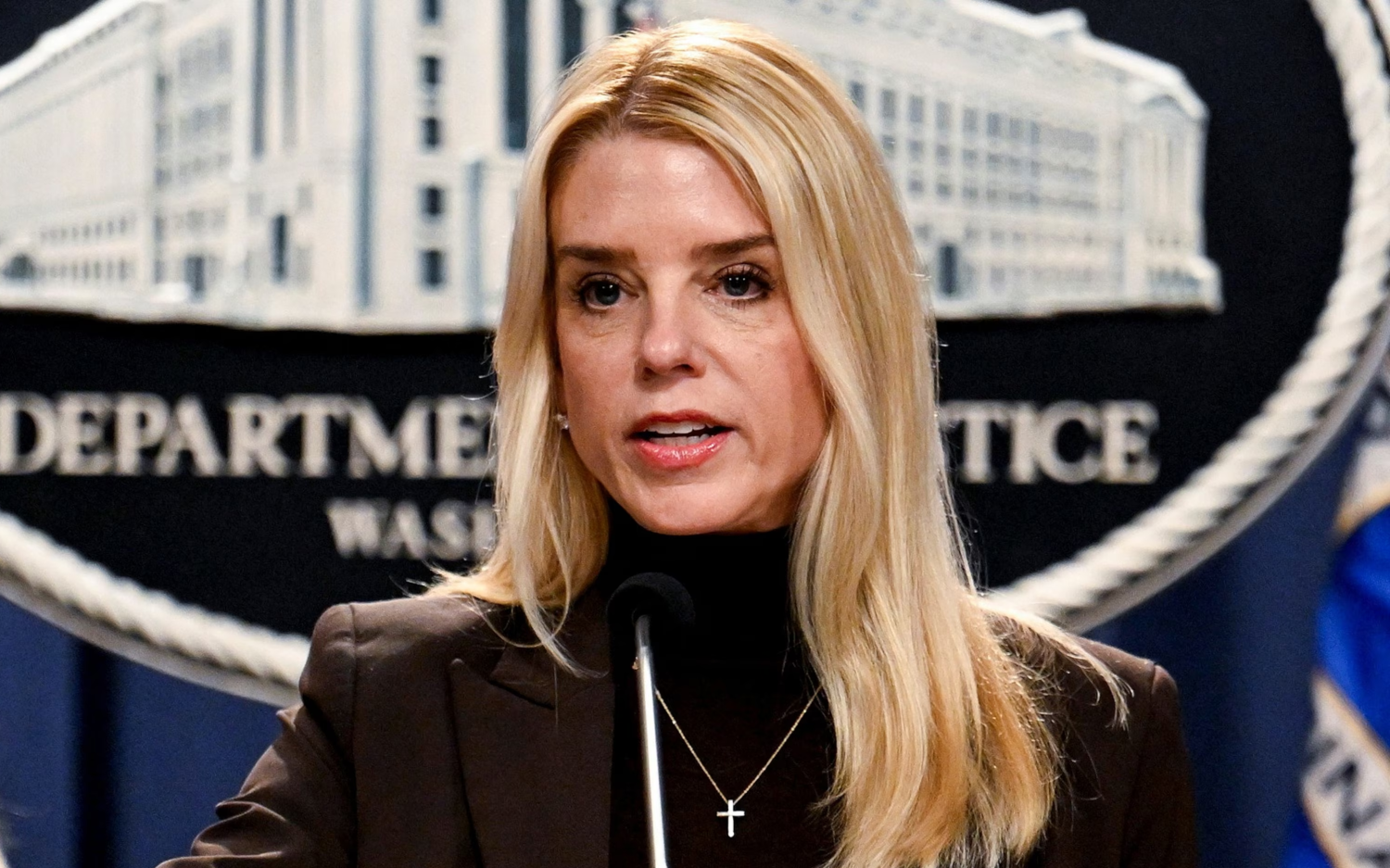DOJ Criticizes Judge’s Oversight in Deportation Flights Case, Leading to Impeachment Proposals
In a recent development highlighting the ongoing tension between the U.S. Department of Justice (DOJ) and the Judiciary, the DOJ has expressed concerns about the actions of U.S. District Judge James Boasberg regarding deportation flights. The dispute revolves around flights that transported Venezuelan nationals to El Salvador, which the Trump administration asserts were fully compliant with federal law. The DOJ has raised objections to the judge’s demands for specific details regarding these flights, arguing that the request detracts from the central legal issues and could pose risks to national security.
The Dispute: Judge’s Order vs. DOJ’s Position
On Tuesday, Judge Boasberg ordered the DOJ to provide detailed answers to five specific questions regarding the logistics of the deportation flights. These questions aimed to clarify various aspects, including the exact timing and locations of the flights, the number of individuals involved, and the specific times when detainees were transferred out of U.S. custody. The DOJ has argued that the judge’s focus on minute flight details detracts from the case’s main issue: whether the deportation flights violated the court’s Temporary Restraining Order (TRO).
In response, the DOJ filed a legal document, co-signed by Attorney General Pamela Bondi and Deputy Attorney General Todd Blanche, expressing frustration over what it called “digressive micromanagement.” The DOJ asserts that the court has spent too much time delving into logistical details rather than focusing on the core question of whether the flights violated the TRO. They argue that this shift in focus has diverted attention from more substantial legal matters.
Concerns Over National Security
The DOJ’s concerns also extend beyond legal technicalities. In its filing, the department expressed anxiety that complying with the judge’s order could compromise national security. The department warned that disclosing specific flight details might impact U.S. relations with foreign allies and potentially undermine efforts to address global security issues, including terrorism. Due to the sensitive nature of the requested information, the DOJ is considering invoking the state secrets privilege. This legal tool allows the government to withhold certain information that might jeopardize national security interests.
The DOJ’s filing further contends that the judge’s order, which set a rapid deadline of 21 hours for compliance, is not sufficient for handling sensitive matters involving national security and foreign policy. The department argues that the judiciary should not involve itself in managing foreign affairs and that the executive branch must retain authority over these matters, especially in areas such as deportation and immigration enforcement.
The Deportation Flights and Legal Context
The flights at the center of this controversy were part of a broader effort by the Trump administration to deport Venezuelan nationals suspected of having ties to criminal organizations. The administration maintains that all deportations were carried out in compliance with the law, and the flights were scheduled in accordance with executive powers granted under the Alien Enemies Act. Human rights advocates, however, have raised concerns about the potential for wrongful deportations, especially for individuals who may have legitimate asylum claims.
The legal dispute deepened when Judge Boasberg questioned whether the government had adhered to the court’s TRO, given that the deportation flights had already departed before the TRO was formally issued. During a hearing, the judge asked the U.S. Attorney for the administration whether his equitable powers applied to planes already in international airspace. This line of questioning underscores the ongoing tension between judicial oversight and executive authority.
Legal and Administrative Fallout
The dispute over deportation flights is part of a broader struggle concerning the balance of power between the executive and judicial branches. The DOJ’s filing highlights the administration’s determination to maintain control over immigration enforcement, especially in cases involving national security concerns.
This ongoing legal battle has drawn attention to the complex dynamics between the branches of government, particularly when it comes to sensitive matters such as deportation and foreign relations. The conflict reflects a broader concern about the appropriate role of the judiciary in overseeing executive actions, especially in areas that involve national security or foreign policy.
Conclusion: A Dispute Over Oversight and Authority
The DOJ’s response to Judge Boasberg’s order reflects the growing tensions between the Executive Branch and the Judiciary, particularly in cases involving national security and foreign policy. The DOJ’s objections to the judge’s requests, along with its consideration of invoking the state secrets privilege, underscore the potential risks of disclosing sensitive information in matters related to international relations. The ongoing legal proceedings will likely continue to raise questions about the proper balance of power between the branches of government and the scope of judicial oversight in executive actions.
